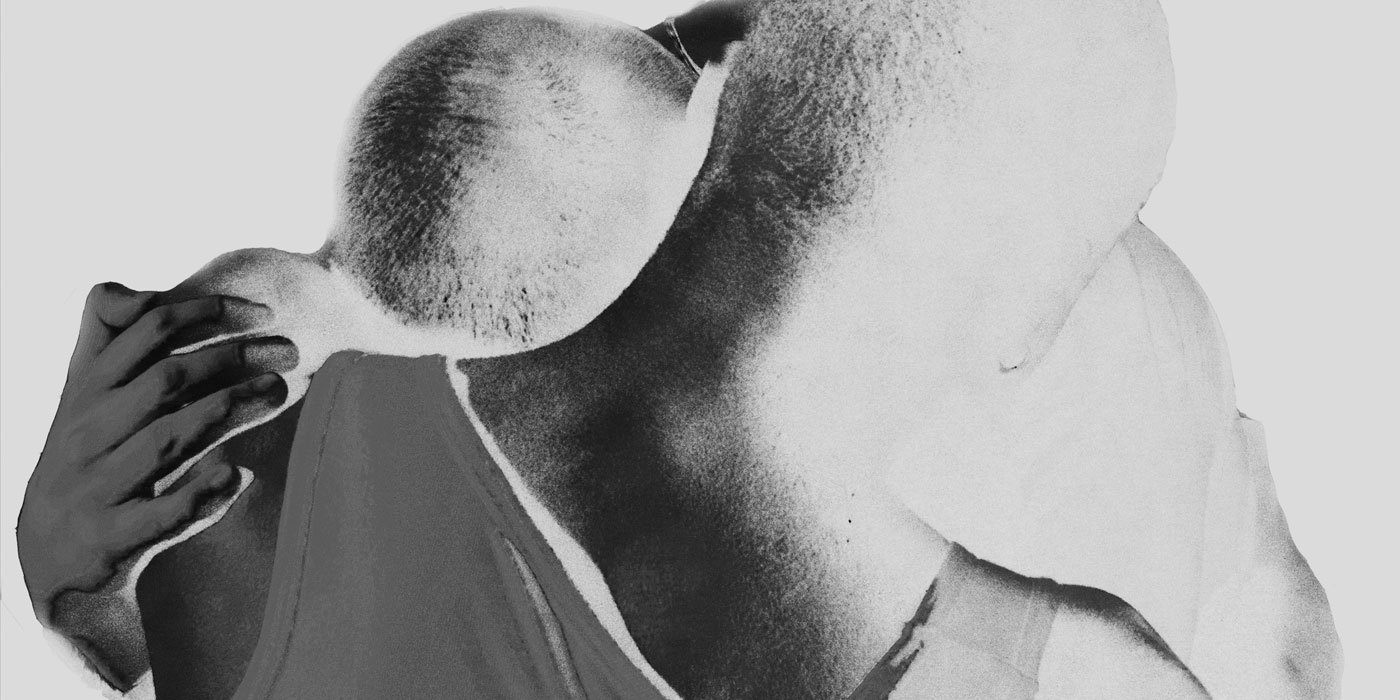In African mbira music, it often takes more than a melody to complete any given song; beads, shells, or bottle caps attached to the instrument also generate a resonating buzz when the mbira’s metal keys are plucked, and this buzz is considered essential in establishing the mood of each song. However, the reason I bring this up is not because Scottish alternative hip hop group Young Fathers uses the instrument. I don’t even mention it because two of the trio’s members have African roots themselves (Kayus Bankole’s parents are Nigerian, and Alloysious Massaquoi is originally from Liberia).
No, the reason I relate the buzz of the mbira to this album’s sound is because Dead contains its own form of unifying drone — a dim, fuzzy curl of static that hums under each electrifying track and serves to unite influences as diverse as gospel, soul, and reggae into a complex and cohesive whole. Perhaps this machine-generated buzz is even what third member and beatmaker Graham Hastings is referring to when he says that this album “sounds like some kind of glorious funeral occasion.” Either way, there’s certainly something both glorious and funereal about this record, where moments of levity contrast wells of gravity, and often during the same song.
It should be said that every cut on this record is excellent. Nevertheless, certain songs demonstrate the group’s ability to temper ferocity with tenderness better than others. On “War,” for instance, ragged and aggressive lyricism both accentuates atmospheric gray tones and contrasts a sweet chiming riff that twinkles like the night sky above a bloody battlefield. Then, even the yawning abyss of bass tones that leads into “I’ve Arrived” can’t swallow the connotations of hope which arise from a later gospel-tinged section of the song.
Much has been made of the difficulty critics have had in trying to classify the sound of Young Fathers; some call it pop, some call it hip hop, and the rest call it everything and everything in between. What I hear when I listen to this record, however, is a smoky and solemn buzz lurking in the album’s bass notes — an ever-present reminder of the title, if nothing else — and beautifully-crafted snippets of some of humanity’s most uplifting music wafting through the atmosphere above. In short, a fully-integrated portrait of life that’s been reduced to 35 minutes which, while short, are nevertheless astounding.
Ultimately, there’s no question that it’s the viscerally human elements of this record that make it good — the hand-clapped beats of “Hangman,” the percussive gun shots of “No Way,” the singeing gospel overtones of final track “I’ve Arrived.” But it’s the deep-rooted context of the album that makes it great, and it’s the slinky, fuzzed-out bass blur throughout that keeps the whole procession in line. [spacer height=”10px”]
[spacer height=”10px”]



